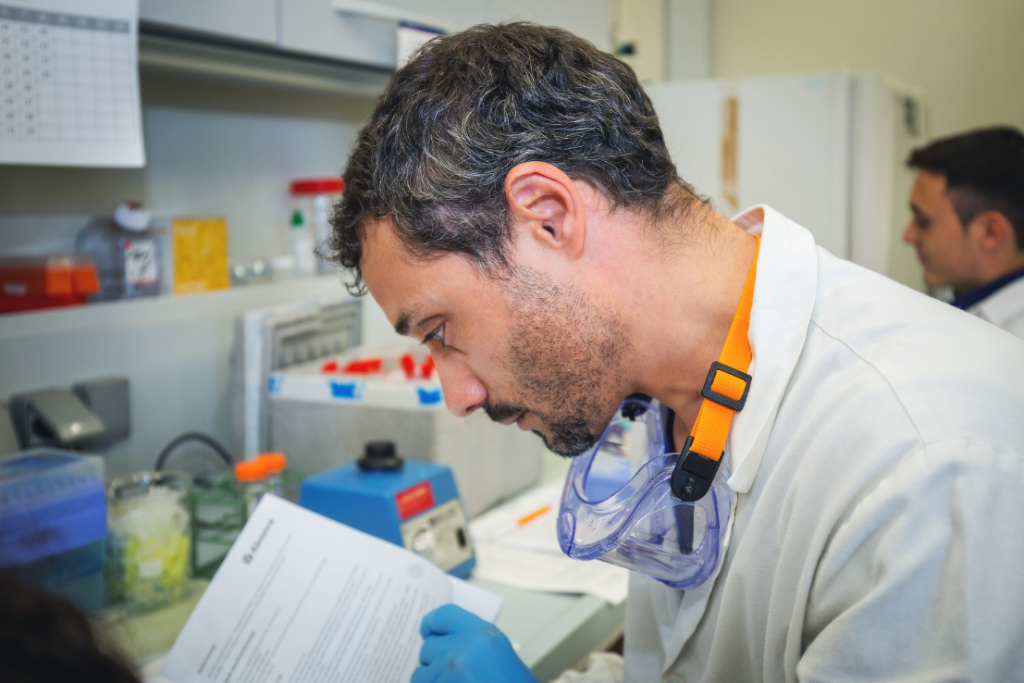This page was last edited on August 4, 2023
The material net gain for public health can only be achieved if substantially more smokers quit than non-smokers start. The Foundation for a Smoke-Free World considers the research being conducted globally, as well as gaps in current knowledge, to assess the priorities for the Foundation’s research in this area.
The Foundation focuses on non-duplicative and novel research associated with smoking cessation and tobacco harm reduction (THR), including:

correcting misinformation and disinformation about THR, so that it is assessed based on evidence;
supporting medical and other health professionals in advising smokers and tobacco users, with an emphasis on marginalized and diverse communities, and LMICs.
The Rose Research Center is conducting research that evaluates smoking cessation and harm reduction strategies to help smokers quit or switch to reduced risk products. The Center is also examining the acceptability and outcome of a harm reduction approach to tobacco use for individuals with serious behavioral health disorders and determine the association with decrease in smoking.
The CoEHAR’s research program encompasses developed and developing countries and uses a multidisciplinary approach to better understand harm reduction. Its projects include, for example, the chemical characterization of nicotine products and multiyear cohort studies
The Centre for Health Research and Education, an independent healthcare company, developed a range of end-to-end healthcare projects to reduce the barriers to quitting or switching in the context of healthcare delivery. Their work includes a program that trains and empowers mental health professionals to provide their adult patients who smoke with tobacco cessation support. The implementation of their smoke-free mental health hospital program in the United Kingdom and India ensures that nicotine replacement support is provided to patients upon admission, throughout their stay, and beyond.
Will Godfrey on Advancing Tobacco Harm Reduction: International Success Stories & Challenges Ahead
July 28, 2023
The Alternative Research Initiative’s work with Radio Pakistan
July 17, 2023
Nataliia Toropova reviews the 2022 work of the Healthy Initiatives NGO.
June 22, 2023
Dr. Renee O’Leary of InSilico Science/CoEHAR presents six recommendations for future tobacco control research
April 18, 2023
© 2023 Foundation for a Smoke-Free World. All rights reserved.